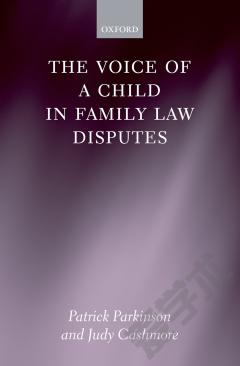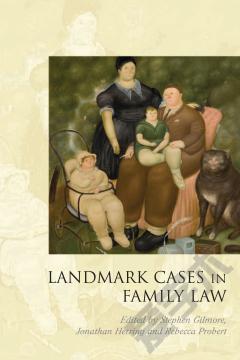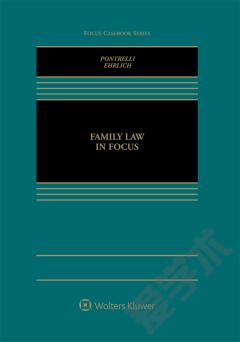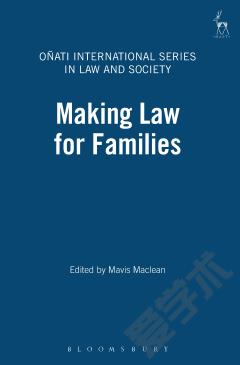The Voice of a Child in Family Law Disputes
This book examines whether and how children should be involved in the process of resolving family law disputes. Although there is widespread acceptance in the Western world that the views of children should be taken into account, and that the weight given to those views should depend on their age and maturity, there is much less agreement about how children's voices should be heard and the purposes for which they are to be heard. This book examines these issues, drawing upon empirical data from interviews which explore the views and experiences of children, parents, counsellors, mediators, lawyers, and judges involved in such disputes in Australia. Most parents, children, and professionals were in favour of giving children a say, while not allowing them to make the decision. There were, however, quite different rationales for this. Mediators and family report writers, for example, emphasized the enlightenment that can come from giving children a say, while lawyers were more concerned with assessing the competence of children to make rational choices. There was also a general consensus among parents and professionals that giving children a say in resolving family law disputes also involved dangers. On the basis of this research, the book suggests ways in which children can better be heard without placing them at the centre of their parents' conflicts. Children might be given a say in some kinds of decisions much more than others and they should not be asked to choose between their parents competing positions. A major rationale for listening to children in family law disputes is that it provides a window upon children's worlds.
{{comment.content}}








 京公网安备 11010802027623号
京公网安备 11010802027623号